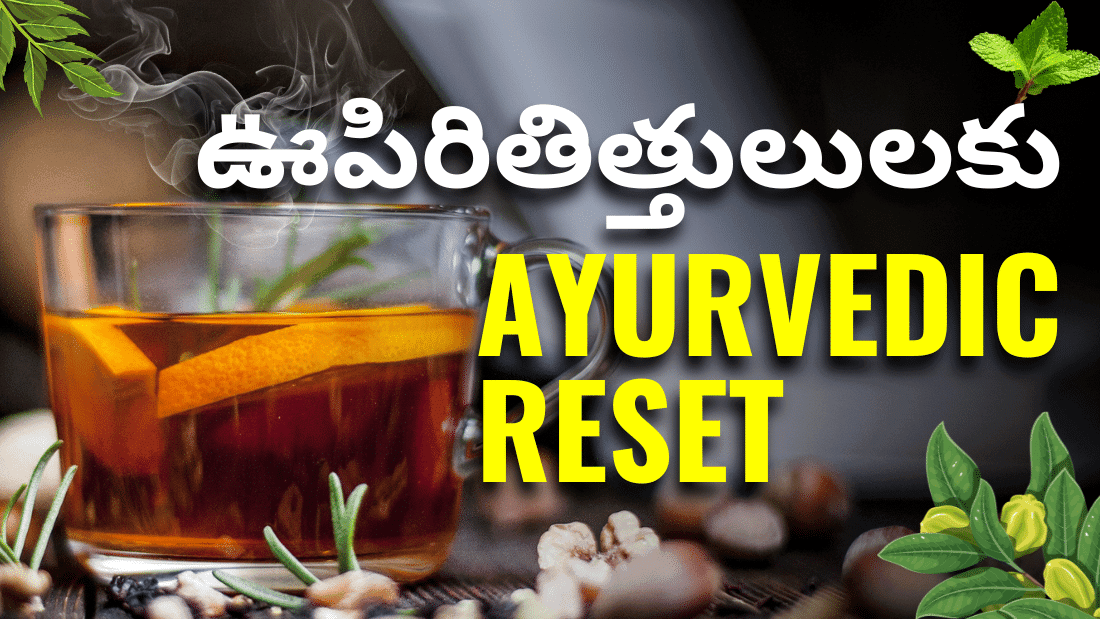AI Affecting Your Website Traffic! You're at Risk — Will Google Survive the AI Revolution? The answer is "YES"!
Understanding how AI affecting your website traffic can dramatically alter your online strategies is essential.
As AI affecting your website traffic continues to evolve, businesses must adapt to stay relevant.
Google was the gatekeeper of the web
For decades, Google was the gateway to the internet. You needed a weather forecast? Google it. Looking for the best sushi nearby? Google it. Any inquiry, any time… Google had the answer. So much so that “googling” became a verb.

But, like all empires, Google’s dominance is being challenged – and this time, not by another search engine.
The actual disruptor arrived in 2022, not as a search engine, but as an AI tool called ChatGPT. Fast forward to 2024, and ChatGPT has a whopping 365 billion searches each year. To put it into context, it took Google 11 years to get that level.
That is not just growth. That is revolution. ChatGPT is expanding more than 5.5 times quicker than Google. To be fair, the playing field isn’t level. Google launched in the late 1990s, when internet access was limited. ChatGPT, on the other hand, was born into a hyper-connected world with 5 billion internet users.
So, while the beginning points differ, the consequences are clear: how we search is altering substantially.
From Clicks to Conversations?
Traditional search returns a list of links. You navigate by clicking, skimming, and jumping between pages. It’s a short trek to find what you need.
AI functions differently. You ask, and it responds directly. Want to repair a broken washbasin? ChatGPT will guide you through it. Curious about worldwide conflicts? AI, such as Perplexity or Claude, may break it down immediately.
Search is no longer a list. It is a dialogue.
The rise of AI affecting your website traffic poses unique challenges for traditional search engines.
Ultimately, understanding AI affecting your website traffic will determine how you optimize your content.
What Happens If AI Skips Your Website?
Here is the terrifying part: AI generally does not direct consumers to your website. It scrapes your content, processes it, and returns the answer, skipping your link totally.
This means no clicks, no visitors, and no revenue.
Nightmare for Publishers?
Billions of websites — blogs, businesses, and news outlets — rely on Google search traffic to operate. Users click links, which generates traffic.

Billions of websites — blogs, businesses, and news outlets — rely on Google search traffic to operate. Users click links, which generates traffic.
It is crucial to recognize the implications of AI affecting your website traffic for your marketing efforts.
As AI affecting your website traffic grows, your strategies must encompass adaptive SEO techniques.
However, if AI responds without linking back, publishers lose everything- Writers are not seen.
- Companies miss consumers.
- Advertisers lose visibility.
And it’s not just your problem. It’s also Google’s problem.
The implications of AI affecting your website traffic are not just immediate but will shape future trends.
Understanding AI affecting your website traffic becomes invaluable as digital landscapes transform.
Google’s Response and Struggle
Google is reacting. It is rolling out AI overviews, which are short replies generated by its own AI and now appear atop search results. But, let’s face it: Google is being reactive rather than proactive. It is playing catch-up.
The question is: can it catch up in time?
The Risks of Blackbox AI Answers…
With Google, you could at least see the source. How does AI respond? Not always.
Sometimes they:
❌ Omit original source.
❌ Provide incorrect information.
❌ Create false facts (AI hallucinations).
This creates what experts refer to as a Blackbox internet, in which responses emerge out of thin air and no one knows where they came from.
That is not just frustrating. It is risky.
Final Thoughts: Who Will Win the Search War?
It’s essential to monitor how AI affecting your website traffic changes user behavior online.
Previously, the internet functioned as a library. Google was the librarian who guided you. AI is now the concierge, providing you with immediate answers – some of which are accurate and others not.
Google is facing an existential crisis.
For content creators and businesses like yours, this is a wake-up call.
Because in the new world of AI search, whomever provides the best response wins.
Is AI truly replacing Google?
Not totally, yet. However, AI technologies are rapidly becoming the primary choice for a variety of searches.
Why does AI search pose a danger to websites?
Because AI provides immediate answers without requiring people to click your site, it reduces traffic, visibility, and revenue.
Can Google withstand this change?
Possibly. But it needs to evolve quickly and demonstrate that its AI is better, more dependable, and yet supports the open web.
1: Staying informed on AI affecting your website traffic can keep you ahead in this competitive landscape.
2: As we explore these questions, we uncover how AI affecting your website traffic will redefine success.






